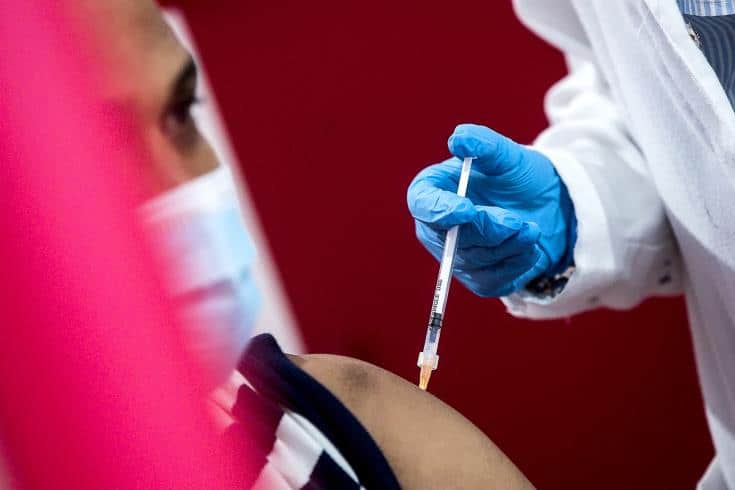A Dutch court has allowed a 12-year-old child to be vaccinated against it COVID-19, despite the skeptic's objections to his father 's vaccinations, in order to be able to visit his dying grandmother, according to the decision published today.
The child's mother's lawyer argued that the vaccination against her COVID-19 would reduce the risk of transmitting the coronavirus to his seriously ill grandmother.
Children aged 12-17 can be vaccinated in the Netherlands, but with the consent of both parents. In this case, the parents of the child, whose identity has not been made known, have divorced and his mother allowed the vaccination, unlike his father.
Judge Bart Trump of the court in Groningen (north) gave the green light on Tuesday for the child to be vaccinated, given the "interests at stake" with this vaccination "especially the interests of the minor".
In the decision he issued, which became known today, he ordered the 12-year-old to be vaccinated "soon", because his interests are more important in comparison with a possible appeal by the father's lawyers. According to court documents, the father, who has doubts about vaccines and tests, refused his son to receive a dose.
However, "the boy wanted to be vaccinated because he did not want to be infected and he wanted to reduce the risk of infecting other" people. The child's grandmother "suffers from lung cancer with metastases and dies", the documents state. "The minor wanted to spend as much time as he could with her, but he was not vaccinated. "He was afraid to infect his grandmother and is convinced that an infection, if it took place, would be a deadly danger."
The boy assessed that it was "difficult to talk to his father and he had the feeling that his arguments would not be heard", according to the court documents. The father believes that the vaccines are "in a testing phase" and that they could pose "great risks to the reproductive organs in the long run".
However, the judge stressed that the scientific basis for such allegations is not proven. Under Dutch law, judges can make decisions in the best interests of the child if the parents disagree.
